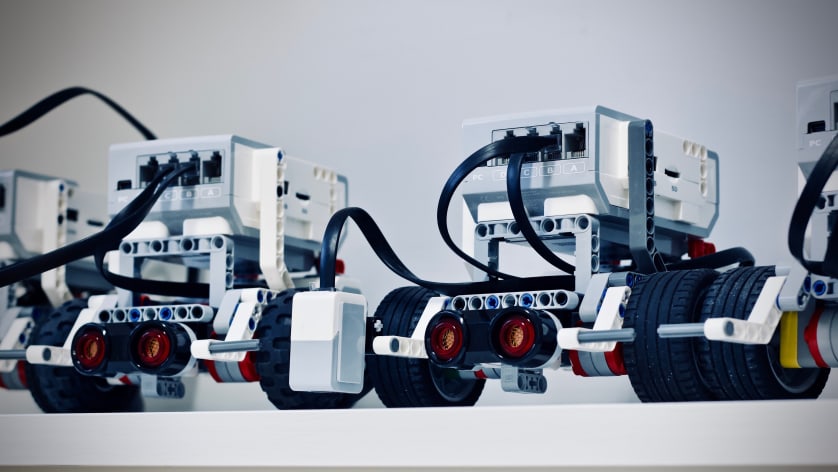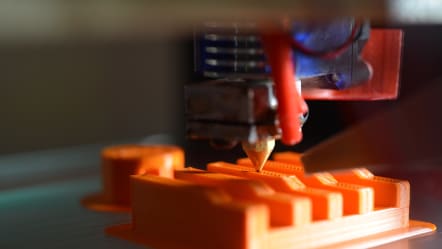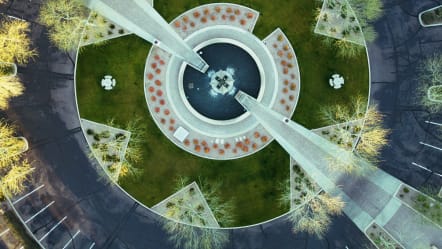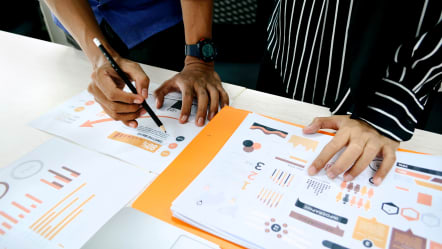What is Robotics?

Robotics is the combination of science, engineering and technology that produces machines called robots, which are used to replace or supplement human activity. Robots have always been a popular topic in pop culture- ranging from R2-D2, the Terminator and WALL-E. These over-exaggerated, humanoid concepts of robots usually seem like a caricature of the actual thing. However, are they more forward thinking than we realize? Robots are gaining intellectual and mechanical capabilities that don't put the possibility of a R2-D2-like machine out of reach in the future.
What is a robot?
Robotics is the field of study focused on developing robots and automation. Each robot has a different level of autonomy, ranging from human-controlled bots that carry out tasks to fully-autonomous bots that perform tasks without any external influences.
The field of robotics has progressed alongside technology; in 2005, for instance, 90% of robots were found in automotive factories where they performed tasks such as welding or screwing on parts of cars.
The definition of robotics has expanded to include the development, creation and use of bots that accomplish tasks such as exploring the planet’s harshest conditions, assisting law enforcement, streamlining surgical procedures and undertaking rescue missions.
Robotics Defined
Robots have certain defining characteristics, despite the fact that the field of robotics is growing.
- Robots are machines that have been designed to complete specific tasks in specific environments. The Mars 2020 Rover has been designed with motorized titanium wheels to help it grip the planet's surface more securely.
- Robots require electrical components to power and control the machinery. For example, an electric current from a battery is necessary to operate most robots.
- Most robots contain at least some level of computer programming. A robot that is not programmed is nothing more than a machine. A program can be inserted into a robot in order to enable the machine to know when and how to carry out a task.
Artificial intelligence and software advances will allow robots to become smarter, more flexible, and more energy efficient in the near future. They will also continue to be a primary focus in smart factories, where they will take on more difficult challenges and help to secure global supply chains.
From the deepest depths of our oceans to thousands of miles in outer space, robots will be found performing tasks that humans couldn’t dream of achieving alone.
Robot Etymology
The word "robot" is derived from the Czech word "robota," which means "forced labor." This word first appeared in the 1920 play R.U.R., in reference to the play's characters who were mass-produced workers incapable of creative thinking.



